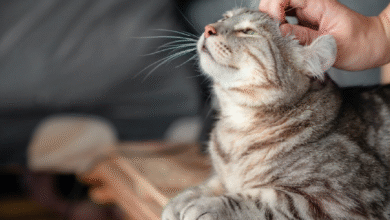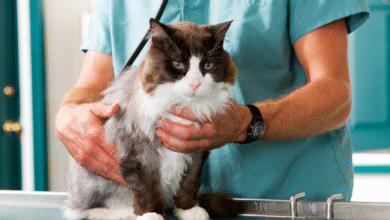8 Pets That Stay Awake at Night and Might Keep You Up
When you’re choosing a pet, it’s essential to consider not just how cute or easy to care for they are—but also whether they’re pets that stay awake at night. Some animals follow a nocturnal or crepuscular schedule, meaning they’re most active after dark or during twilight hours. These nocturnal pets might be full of energy when you’re trying to get a good night’s sleep!
Here’s what to know about pets that stay awake at night and how their behavior can impact your home.
🌓 Nocturnal vs. Crepuscular Pets
Most animals active at night fall into two categories:
• Nocturnal pets are wide awake during the night and sleep throughout the day.
• Crepuscular pets are active during dawn and dusk, with naps in between.
Knowing which kind your pet is can help you decide where to place their enclosure and when to schedule playtime.
🦔 Nocturnal Pets That Stay Awake at Night
1. Hamsters
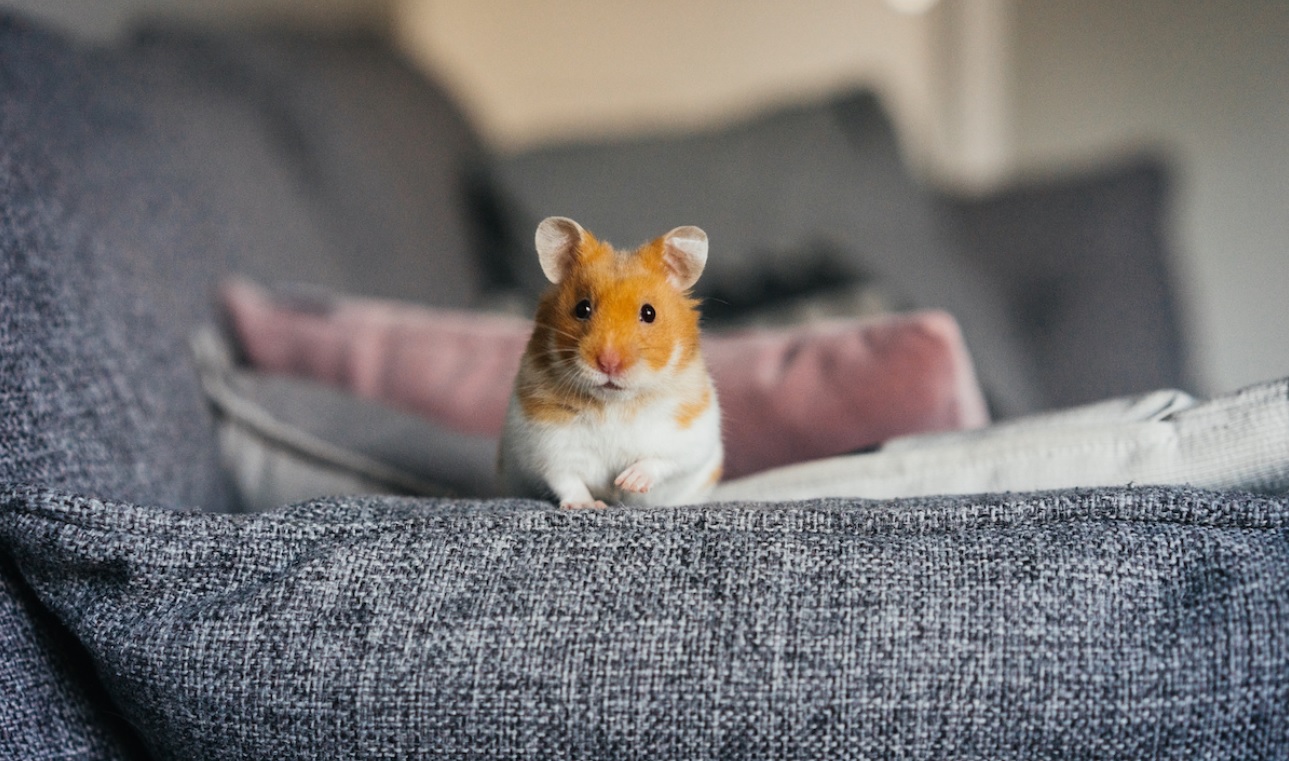
Hamsters are classic pets that stay awake at night. They’re known for running on their exercise wheels, chewing, and making lots of noise while the rest of the house sleeps. Never place a hamster cage in a bedroom. These pets that stay awake at night also don’t like being woken during the day—they can get quite grumpy!
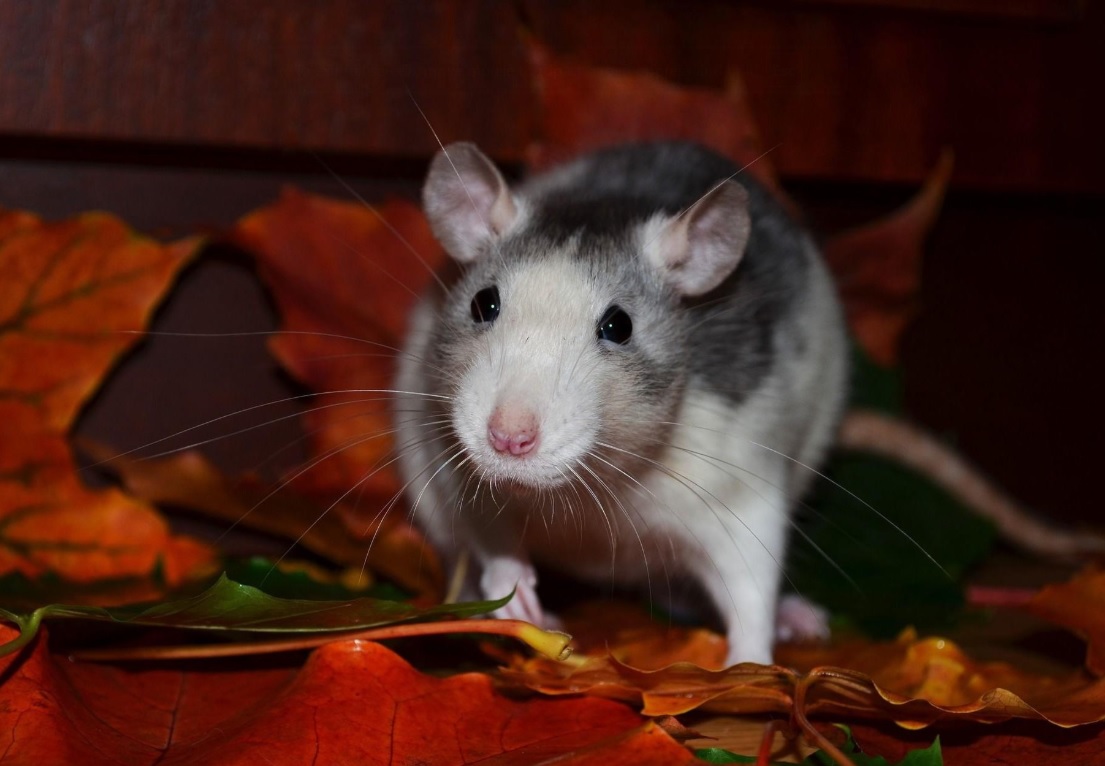
2. Rats
Although rats are pets that stay awake at night, they often adjust to your schedule. Still, their natural instinct is to be most playful at night. They love to climb and use toys, which adds to the noise. Like many night-active animals, rats thrive with social interaction and can be kept in same-sex groups to prevent fighting.
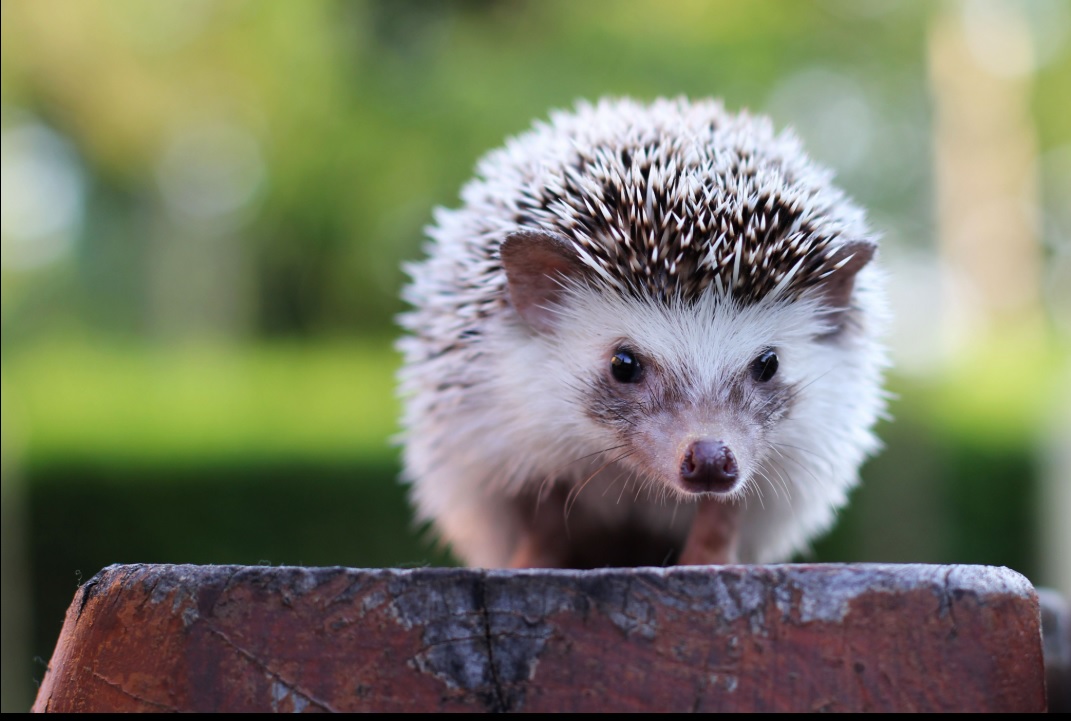
3. Hedgehogs
Hedgehogs are solitary pets that stay awake at night and enjoy quietly exploring at night. While some may make noise on wheels or while foraging, many are stealthy companions. They need a warm, cozy spot—usually heated by a night lamp or pad—and spend most of their daytime asleep.
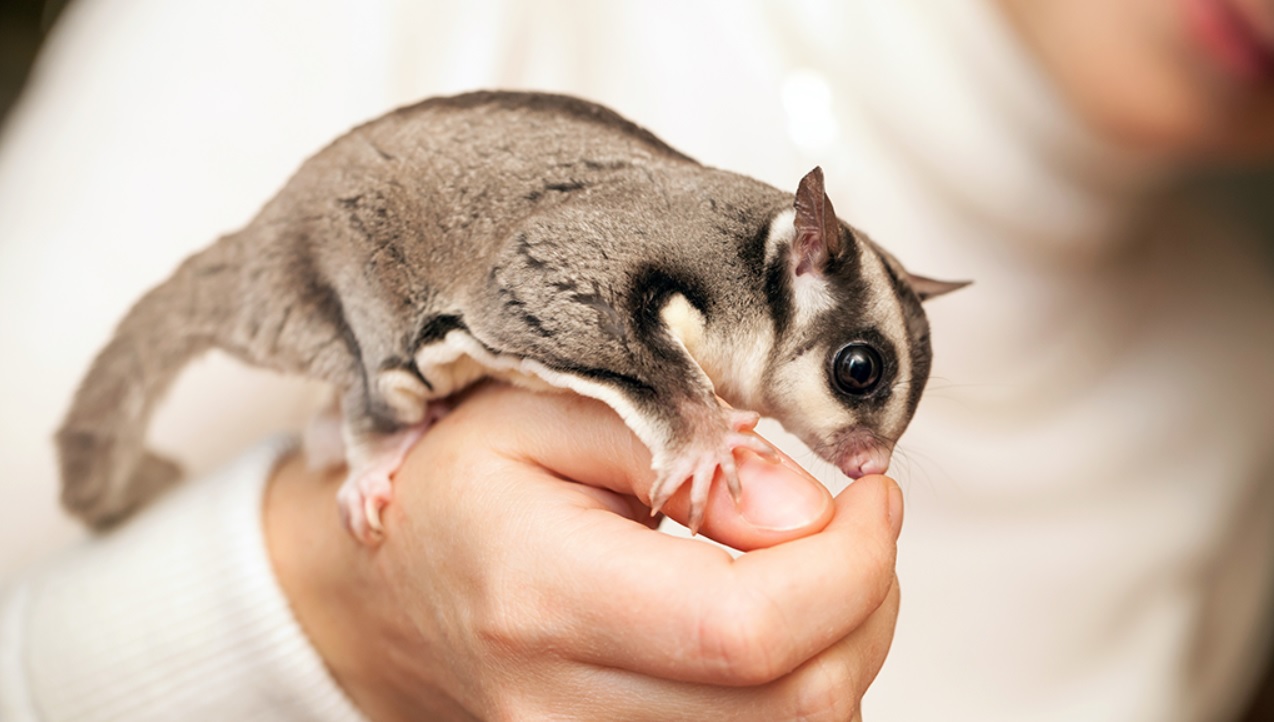
4. Sugar Gliders
Sugar gliders are extremely active pets that stay awake at night. They enjoy gliding, climbing, and foraging. While they’re relatively quiet, they do emit a distinct scent. It’s best to keep them in a secluded space where the smell won’t bother the rest of the household.
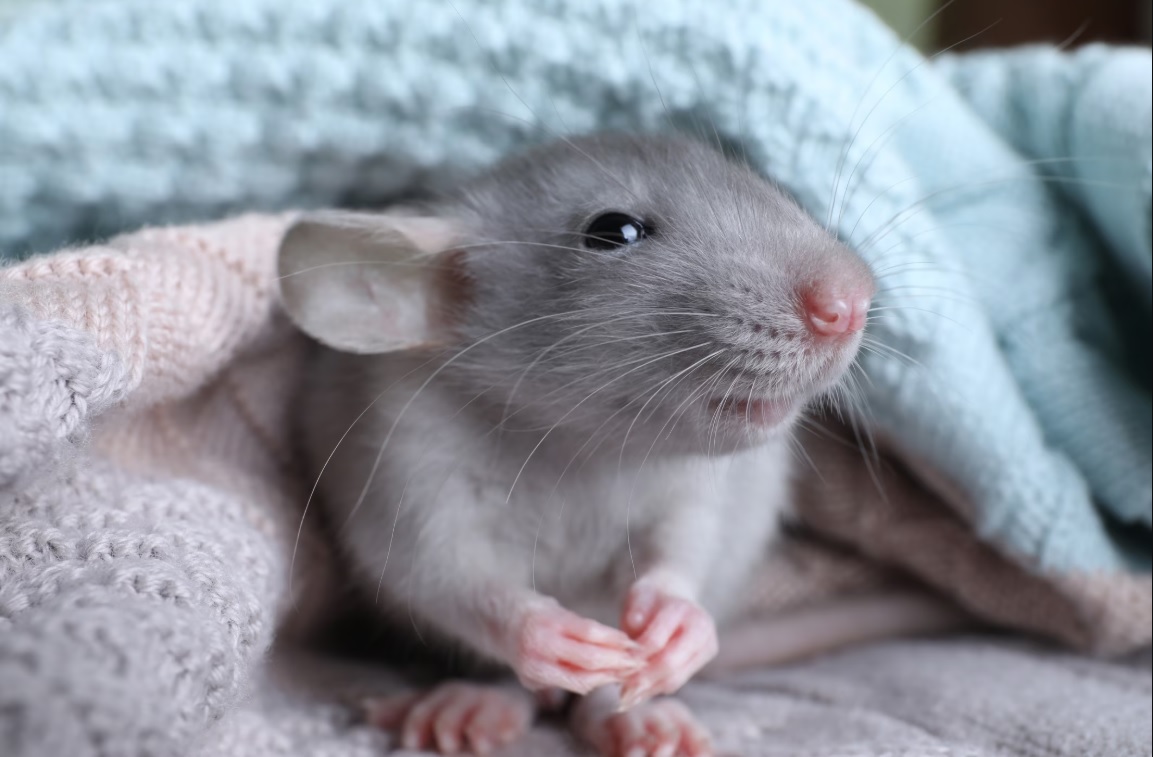
5. Mice
Mice are among the pets that stay awake at night and while they may be tiny, but they’re mighty when it comes to nighttime noise. Chewing, squeaking, and running on wheels make them one of the noisiest nocturnal pets. They’re best kept in groups and outside of sleeping areas for everyone’s sanity.
🌅 Crepuscular Pets Active at Dawn and Dusk

6. Cats
Cats are pets that stay awake at night especially during the early morning and late evening. Even if they sleep 12–16 hours daily, it’s common for them to wake you up for food or play when the sun is barely up. Their unpredictable bursts of energy make them classic pets that stay awake at night.
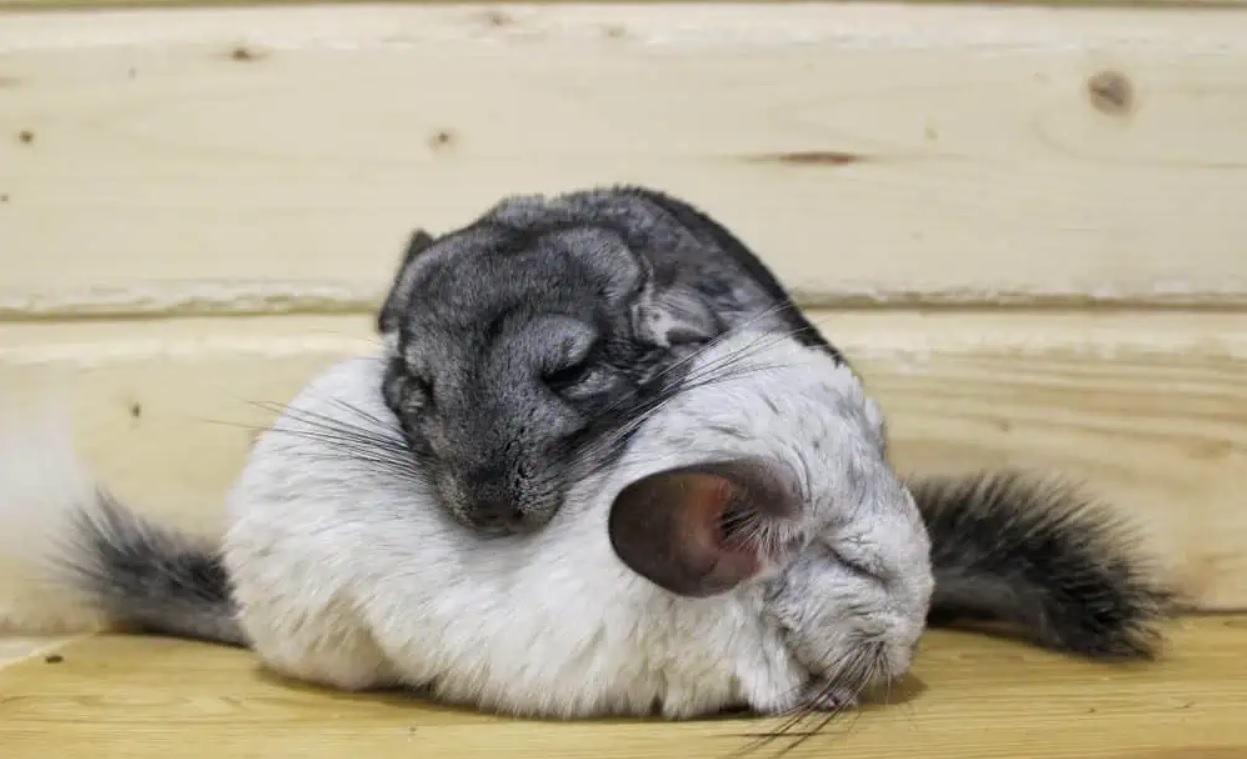
7. Chinchillas
Chinchillas are pets that stay awake at night especially active during down and dusk. They are curious and energetic rodents that love to climb and chew. Their activity peaks in the early evening and morning, making them ideal for households with flexible routines. Just remember: they’re crepuscular pets that can still be noisy after bedtime.
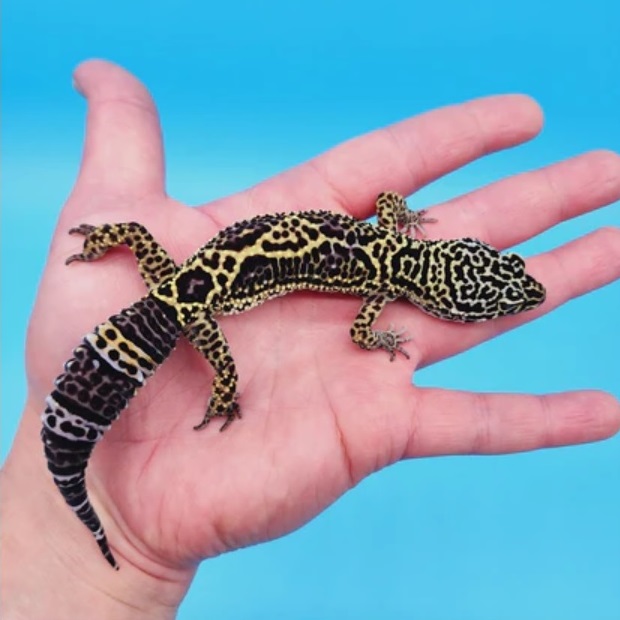
8. Leopard Geckos
Leopard geckos are quite pets that stay awake at night and follow a crepuscular rhythm. They hunt and dig quietly, making them ideal night-active animals for light sleepers. Their lighting and heating needs, however, should be considered if placed near sleeping areas.
🛌 Final Thoughts on Pets That Stay Awake at Night
Bringing a new pet into your home is exciting, but if you’re a light sleeper, you need to think about how nocturnal pets or pets that stay awake at night might affect your rest. From running wheels to dawn wake-up calls, your pet’s natural rhythm matters more than you think.
Always consult with a veterinarian or pet expert to find the best match for your family’s lifestyle—and sleep schedule.
🐾 Understanding Night-Active Pets: What Every Owner Should Know
Choosing a pet isn’t just about how cute or cuddly they are—it’s also about how their natural routines align with your lifestyle. Many first-time pet owners are surprised to discover that some popular animals are actually pets that stay awake at night. These nocturnal and crepuscular creatures may spend the daylight hours sleeping and come alive just as you’re settling in for bed. From the energetic wheel-running hamster to the curious, gliding sugar glider, understanding the sleep patterns of your pet can save you a lot of sleepless nights.
Nocturnal pets like hedgehogs, rats, and mice are biologically wired to be awake and active in the dark. That means nighttime play, foraging, and yes—making noise. If you value a quiet sleeping space, keeping these pets in or near your bedroom can lead to frustration. On the other hand, crepuscular animals like cats, chinchillas, and leopard geckos follow a more balanced rhythm, showing bursts of activity during dawn and dusk. While often quieter than strictly nocturnal animals, they can still disrupt your routine if their needs aren’t met.
Making an informed decision means thinking beyond cuteness and considering your sleep patterns, household dynamics, and how tolerant you are to nighttime activity. Setting up their enclosures in less intrusive parts of your home and ensuring their needs are met during their peak hours can make a huge difference in your comfort—and theirs. So before you bring home a new companion, take a moment to ask: is this one of those pets that stay awake at night?
🌙 Managing Nocturnal Pets: Tips for a Peaceful Coexistence
Living with pets that stay awake at night doesn’t have to mean sacrificing your sleep. With a little planning and awareness, you can create a peaceful routine that respects both your needs and your pet’s natural instincts. Whether you’re caring for a nocturnal hamster or a crepuscular cat, setting boundaries and building smart habits early can make all the difference.
One of the most effective strategies is to locate your pet’s enclosure in a part of the house where nighttime activity won’t disturb anyone. Hamsters and mice, for example, are notorious for wheel-running, chewing, and digging during the night. Keeping their habitat out of bedrooms helps minimize interruptions. Using quiet toys, deep bedding, and chew-proof materials can also reduce noise. Discover Loving German Shepherd Puppies Near You.
For crepuscular pets like cats and chinchillas, it’s important to offer enrichment and playtime during their active periods—dawn and dusk. Engaging them with toys, climbing structures, or timed feeding routines helps manage their energy and keeps them from waking you up at odd hours. With cats in particular, setting consistent feeding times and avoiding play right before bed can help reset their activity cycles.
Lighting also plays a role in managing pets that stay awake at night. Nocturnal animals often benefit from dim red lights or ceramic heat emitters that don’t disrupt their circadian rhythms. Just be sure their environment mimics natural patterns as much as possible.
Ultimately, pets that stay awake at night can be wonderful companions when properly managed. Respecting their instincts while establishing boundaries helps everyone sleep better. And when your pet is content and healthy, you’ll enjoy a more harmonious, well-rested home.


